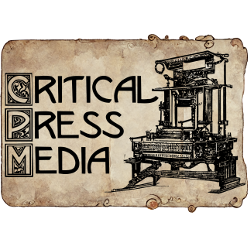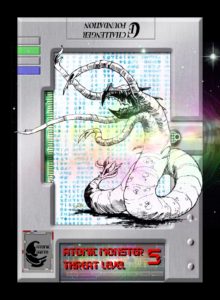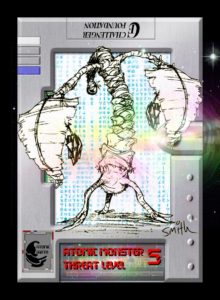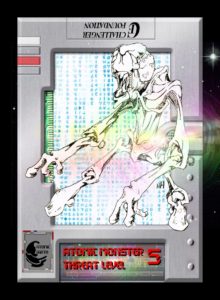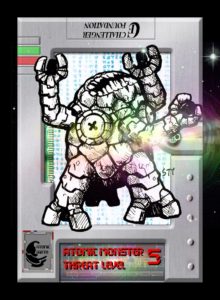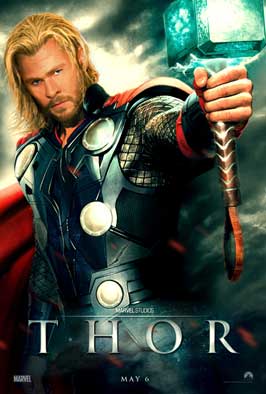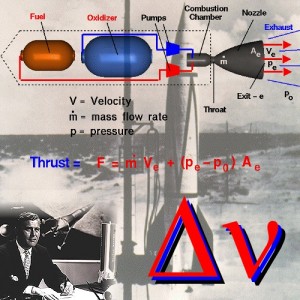 Delta-vee presents classic Old Time Radio productions and modern audio dramas, today’s episode: “The Defenders”. The works of Philip K. Dick repeatedly treat themes revolving around our perception of reality and personal identity. Protagonists in Dick’s work were often regular people rather than action heroes and did not need to be human at all; the qualities that defined humanity for Dick included traditional virtues such as honesty, kindness, and the ability to act rationally. Dick’s heroes often engaged in extensive rational analysis of their world, often concluding that the world around them could not be objectively real but a product of their own perception and interaction choices. Dick displayed an overarching fear and hatred of war, both as a political and social instrument, believing it to be an expression of the immaturity of human culture. Jungian psychology played a large part in Dick’s thinking, shaping his stories around themes of the collective unconscious of humanity, the behavior of individuals in groups, and the intrinsic nature of personhood. Film adaptations of Dick’s work include “Minority Report”, “Total Recall”, and Ridley Scott’s “Blade Runner”; Dick’s work has been pervasively influential in the science fiction genre as a whole. “The Defenders” presents a world where a war started by humanity is prosecuted by machines, precursing both Keith Laumer’s “Bolo” stories and James Cameron’s “Terminator” franchise, and treats Dick’s three themes in a very succinct and expressive way. “The Defenders” was first published in the January, 1953 issue of Galaxy Science Fiction. This episode of X Minus One first aired on May 22, 1956. And now, our feature presentation….
Delta-vee presents classic Old Time Radio productions and modern audio dramas, today’s episode: “The Defenders”. The works of Philip K. Dick repeatedly treat themes revolving around our perception of reality and personal identity. Protagonists in Dick’s work were often regular people rather than action heroes and did not need to be human at all; the qualities that defined humanity for Dick included traditional virtues such as honesty, kindness, and the ability to act rationally. Dick’s heroes often engaged in extensive rational analysis of their world, often concluding that the world around them could not be objectively real but a product of their own perception and interaction choices. Dick displayed an overarching fear and hatred of war, both as a political and social instrument, believing it to be an expression of the immaturity of human culture. Jungian psychology played a large part in Dick’s thinking, shaping his stories around themes of the collective unconscious of humanity, the behavior of individuals in groups, and the intrinsic nature of personhood. Film adaptations of Dick’s work include “Minority Report”, “Total Recall”, and Ridley Scott’s “Blade Runner”; Dick’s work has been pervasively influential in the science fiction genre as a whole. “The Defenders” presents a world where a war started by humanity is prosecuted by machines, precursing both Keith Laumer’s “Bolo” stories and James Cameron’s “Terminator” franchise, and treats Dick’s three themes in a very succinct and expressive way. “The Defenders” was first published in the January, 1953 issue of Galaxy Science Fiction. This episode of X Minus One first aired on May 22, 1956. And now, our feature presentation….
Podcast: Play in new window | Download
